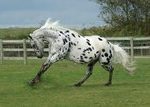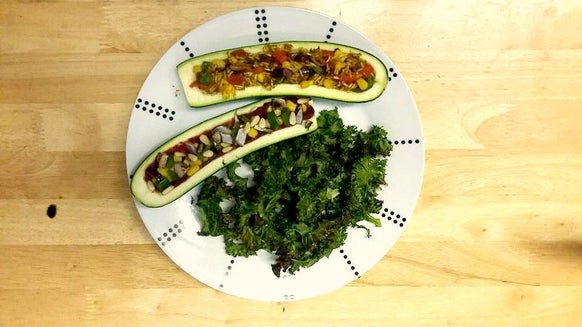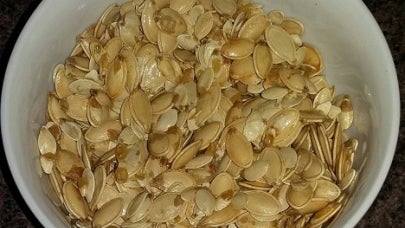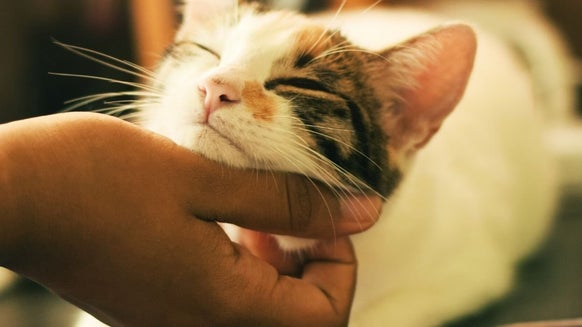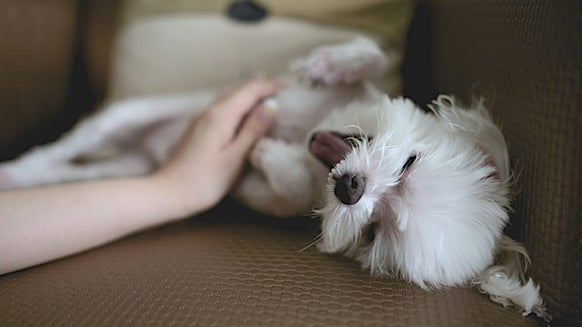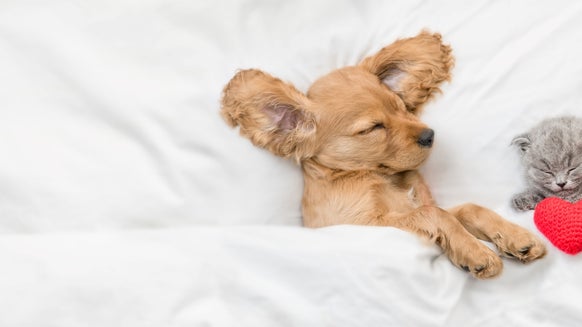Appaloosa Horse Breed Guide
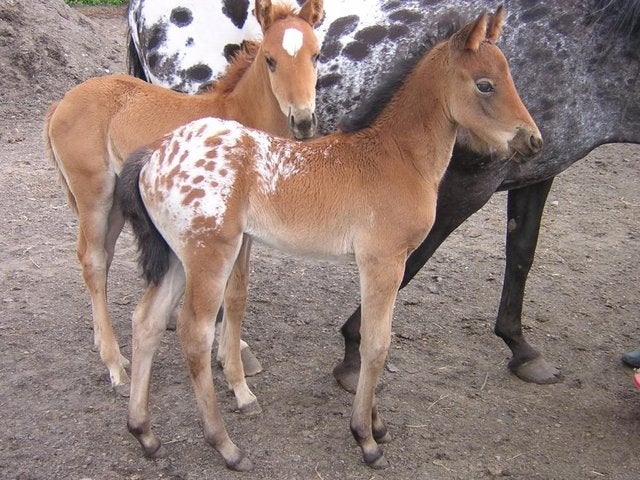
History of the Breed

The Appaloosa has a rich and colourful ancestry which can be traced back to earliest recorded time, but it is in the American melting pot that the Appaloosa became a true breed. The name is derived from the Palouse River where the horses were bred by the Nez Perce Indians who selected them, not only for their colourful coat pattern, but because they wanted only the strongest, fastest, hardiest, most tractable and versatile stock. This meant quickly establishing a superior breed. They were nearly wiped out following the Nez Perce war in 1877 when the Indians, led by Chief Joseph, surrendered to the US Cavalry having mistakenly halted just short of the Canadian border and safety. Their beautiful strong and swift horses who took them so far on their epic journey were confiscated and dispersed so that the Indians could not escape and the Appaloosa were nearly driven to extinction. The breed was resurrected again by Claude Thompson who started the Appaloosa Horse Club in 1938 with only a handful of stock. Today the same characteristics of versatility, hardiness and tractability of temperament make the Appaloosa breed more highly sought after than ever before. The Appaloosa Horse Club UK was formed in 2000 and is officially recognised as the daughter breed society in the UK.
Appaloosa Characteristics and Coat Patterns

Appaloosas are often recognised for their outstanding coat patterns and characteristics, but many are born without spots at all and these are called ‘non-characteristic’. Some do not have spots but do have characteristics such as mottled skin sometimes found around the eyes, genitals and muzzle area. White sclera, known as the ‘human eye’, is another characteristic of the appaloosa as it is the area of the eye that encircles the cornea which is white and looks like a human eye (distinct from other breeds that have dark sclera). Another distinctive characteristic is striped hooves that have bold and clearly defined light or dark vertical stripes. Colourful spotted coat patterns and characteristics are an indication, but the only definitive way to know if a horse is an Appaloosa is through its breeding.
There are different types of colourful coat patterns with many variations, and no two Appaloosas are the same. However the main coat patterns are ‘Leopard spot’ which is a white base colour with dark spots over the entire body. A ‘Near leopard’ has the same markings as a Leopard but with a different coloured head and neck which is normally a darker colour. A ‘Few Spot Leopard’ has a white base colour with just a few spots. A ‘Blanket Spot’ is normally a white area over the loins and hips with spots on the blanket. Some blankets can be a solid white area with no spots or a frosted blanket which has a dark base with either frost or white markings. A ‘Snowflake’ has a dark base coat with white spots and freckles over the body. Some coat patterns are combined with other markings such as varnish markings on the face and leg, but Appaloosas generally do not have excessive white markings that you find in Pinto or Paint horses. Appaloosas can have sparse manes and tails which is a trait reflecting their origins and the terrain where they were found.
Breed Profile
Due to the colourful history and outcrossing with Thoroughbreds, Quarter Horses and Arabs, the build and type can vary, but generally Appaloosas are known for their hardiness and strong sound feet which can make them ideal for endurance. They are also known for their good conformation, noticeably correct legs and compact deep bodies. The minimum height is 14 hands but the modern Appaloosa typically stands between 14.2hh and up to 16hh with some slightly taller English types.
Temperament
Appaloosas are renowned for their versatile, tractable temperaments and kind willing natures. They are often quick to learn, smart and highly trainable, with their own unique personalities. This makes them ideal for a variety of disciplines whether it is endurance, western riding, dressage, show jumping, eventing, pony club games or enjoying hacking out in the countryside. They often have a strong self-preservation instinct but when they bond with you and trust you they will have a go at whatever is asked of them making them excellent all-rounders.
Performance & Versatility
It is more common now for Appaloosas to be seen successfully competing alongside other breeds in county level showing, affiliated show jumping and dressage, endurance, eventing and even racing. In America the Appaloosa is popular as a stock and pleasure horse and is regularly used in Western riding disciplines such as cutting, trail, pleasure, barrel racing and reining. Western disciplines are growing in popularity in the UK and the Appaloosas are particularly suited to these disciplines. The UK Appaloosas demonstrate the ultimate versatility by participating in both Western and English disciplines. The Appaloosa Horse Club UK runs regular showing events including a wide range of classes each year for its members including youth members. Members also receive an informative quarterly newsletter and follow us on Facebook. Membership and registration documents are available to download on our website.
Caring for your Appaloosa

The Appaloosa is normally a hardy breed known for its resilience, and the general care required to maintain good health and well-being is similar to other breeds. Diet and exercise is relevant to normal considerations such as age, activity, environment, stabling, turnout and time of year. Appaloosas tend to have very good feet and some owners prefer not to shoe depending on their circumstances. However some of their markings and characteristics such as the mottled skin around the mouth and face can make them susceptible to photosensitivity, sunburn and wind scald or other related symptoms if there is no shelter for them. Sun cream, lightweight fly and UV protection sheets and fly and full face masks will help in the summer along with good shelter so they have some shade when turned out. Appaloosas can sometimes be prone to skin problems due to their various markings and can have sparse manes and tails. Many of our members have used natural products such as Turmeric which can help greatly with skin and hair issues often eradicating many problems including small sarcoids.
Polysaccharide Storage Myopathy (PSSM) is a genetic muscle disorder that affects many diverse breeds of horse and can affect Appaloosas. The clinical characteristics vary between breeds but the most common is ‘tying up’. In the majority of cases the condition can be controlled with diet and exercise which is why it is important to test for the condition to provide an effective treatment plan. The Appaloosa Horse Club UK is one of the first breed societies to introduce PSSM testing as part of its breeding criteria and also recommends testing before buying a horse. The Club also tests for the ‘grey gene’ as part of our stallion licensing process as Appaloosas with this gene can lose their colourful coat patterns over time. One of the prime objects of the Club is to improve and preserve this wonderfully unique breed.
Registration
The Appaloosa Horse Club UK has different registers including A – American, B – British, and P – Part bred for Appaloosas with relevant proven breeding. The Club also offers horses without proven breeding, that display Appaloosa coat patterns or characteristics, the opportunity to register on our C – Characteristic register subject to meeting specific criteria. If you have a horse (minimum height 14hh) that shows the characteristics and/or coat patterns contained in this profile and you would like to apply for registration with us even if you already have a passport then please get in touch with our registrar. The contact details are on our website.
For more detailed information refer to our website www.aphcuk.org
The Appaloosa Horse Club UK was founded in early 2000. Their aim is to preserve and promote the Appaloosa breed. For more information on the club, you can visit their website: http://www.aphcuk.org/.

